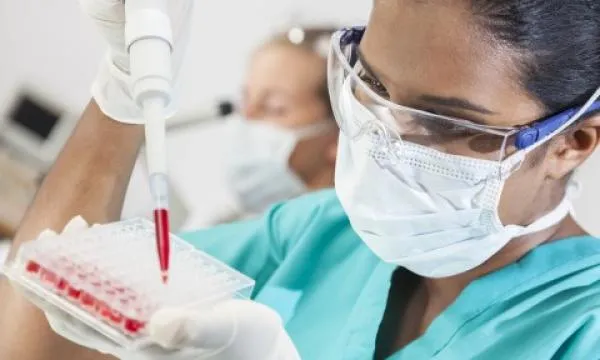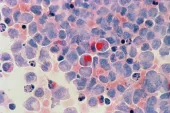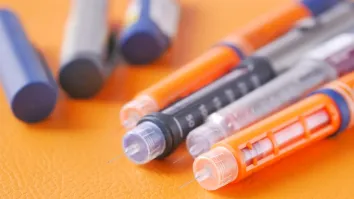
India needs to invest in resilient healthcare information infrastructure: report
Risk communication emerged as the weakest link during the pandemic.
India will need to invest in a resilient healthcare information infrastructure coming into 2021, which could see relevant and scientific information being a catalyst in initiatives within the healthcare delivery system, according to a report from Observer Research Foundation (ORF).
The country’s health outcome indicators have shown slow but consistent improvement for the past decades despite inadequacies in both policy attention and funding. However, the pandemic forced the government to spend way beyond its own 2025 target.
The pandemic has even amplified existing problems within India’s health system, including a crisis of malnutrition, and the country is expected to face further challenges in the coming year.
“Given this context of a long-drawn pandemic response, freeing up sufficient resources — financial and otherwise — for the treatment of non-COVID-19 conditions is going to be the primary challenge in 2021,” said Oommen Kurian, ORF’s senior fellow & head of health initiative.
The Fifteenth Finance Commission had projected a $73.53b (₹5.38 lakh crore) requirement for the Ministry of Health for 2020-2025 for providing primary healthcare, and the widely expanded requirements of immunisation, screening, testing, and treatment of COVID-19 are expected to result in an upward revision.
In turn, the report emphasised that an optimal utilisation of limited resources in the health system would necessitate effective knowledge and information sharing, noting that risk communication emerged as the weakest link in the healthcare ecosystem during the pandemic.
“Along with healthcare services, India’s Health Management Information System itself was severely disrupted by the pandemic, and incomplete information resulted in the proliferation of faulty analyses and conclusions that did not inspire confidence but instead induced panic,” Kurian added.
The COVID-19 vaccination drive will be a testing ground in the country’s development of a more resilient healthcare information infrastructure.
Furthermore, the pandemic is expected to push an estimated 400 million people deeper into poverty in 2021, and the report advised a cooperative federal system handling health response as a joint responsibility of the central, state, and local governments and the citizens.
Maintaining and accelerating the progress made towards Universal Health Coverage will also require innovation from the village levels up, as the pandemic exposed the structural weaknesses within India’s healthcare delivery system.
A study estimated that India needs 2.07 million doctors by 2030 if it is to provide equitable healthcare. Aware of this exigency, the government is expanding medical seats, both at the public and private sectors, with an aim of filling rural gaps.
“Ensuring the equitable distribution of vaccines, medicines, diagnostics and healthcare workforce would therefore require the Centre and States to intervene with an equal sense of ownership, even as the private sector and civil society are encouraged to become constructive participants,” Kurian said.
In addition, inadequacies in health facilities are exacerbated by structural inequalities drawn by class, caste, gender, geography, and religion, which all require solutions that adapt to local realities, the report stated.
With these, it was recommended that leveraging digital innovations to improve access in India will have to run parallel to initiatives aiming to bridge the digital divide across the country’s socio-economic gradients.
ORF said India’s strengths as a digital powerhouse have yet to be harnessed by the health system to accelerate its progress towards high-quality, affordable, comprehensive, accountable, accessible and inclusive healthcare.
“The National Digital Health Mission will have a creative role towards building a healthcare ecosystem with these characteristics, if a consultative and participatory engagement is followed with the diverse stakeholders,” Kurian added.



















 Advertise
Advertise





